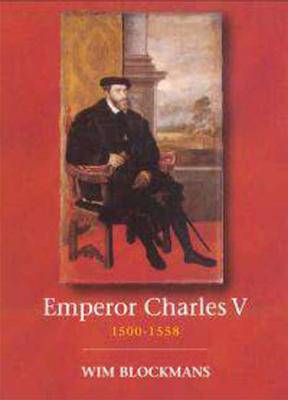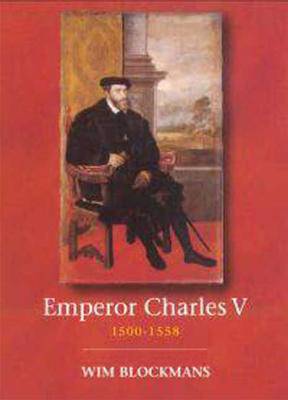
- Retrait gratuit dans votre magasin Club
- 7.000.000 titres dans notre catalogue
- Payer en toute sécurité
- Toujours un magasin près de chez vous
- Retrait gratuit dans votre magasin Club
- 7.000.0000 titres dans notre catalogue
- Payer en toute sécurité
- Toujours un magasin près de chez vous
Description
The world of the first half of the sixteenth century was exceptionally dynamic. Voyages of discovery made the world larger; science and technology were revolutionized; Christian thought underwent a powerful renewal; the population and economy grew. And in the midst of this constellation of change, one man - the Emperor Charles V - ruled a conglomeration of territory more extensive than that previously held by any ruler in European history. What can one person, given an inordinate amount of power by quirk of fate, achieve? How much freedom did he in fact have? Did it help him reach his objectives? What unwanted results ensued from his actions? The relationship between the will of an individual and the power of structures in times of such mutability is at the core of Blockman's enquiry. He brings to the task a range of languages - without which it is scarcely possible to do justice to Charles's widespread, linguistically diverse imperium - a keen awareness of the most recent findings in modern scholarship, and the fruits of a professional lifetime's reflection.
Spécifications
Parties prenantes
- Auteur(s) :
- Editeur:
Contenu
- Nombre de pages :
- 208
- Langue:
- Anglais
Caractéristiques
- EAN:
- 9780340731109
- Date de parution :
- 30-11-01
- Format:
- Livre broché
- Format numérique:
- Trade paperback (VS)
- Dimensions :
- 154 mm x 232 mm
- Poids :
- 331 g

Les avis
Nous publions uniquement les avis qui respectent les conditions requises. Consultez nos conditions pour les avis.






